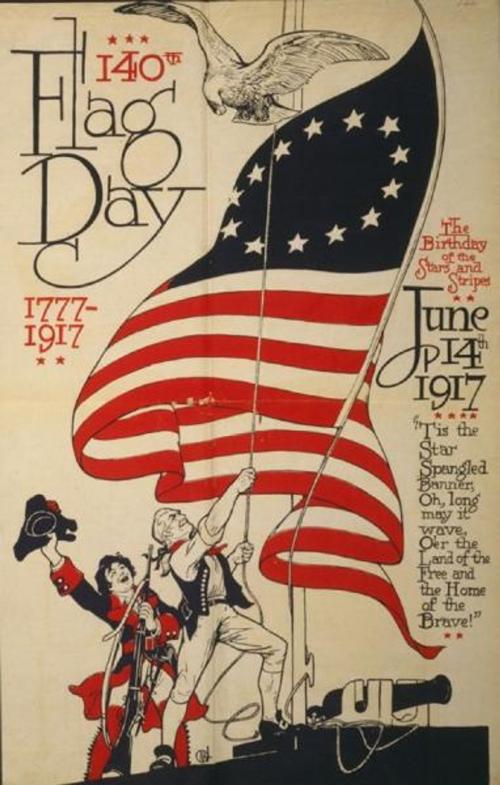The Old Northwest : A Chronicle of The Ohio Valley and Beyond
Nonfiction, Religion & Spirituality, New Age, History, Fiction & Literature| Author: | Frederic Austin Ogg | ISBN: | 9781613104552 |
| Publisher: | Library of Alexandria | Publication: | March 8, 2015 |
| Imprint: | Language: | English |
| Author: | Frederic Austin Ogg |
| ISBN: | 9781613104552 |
| Publisher: | Library of Alexandria |
| Publication: | March 8, 2015 |
| Imprint: | |
| Language: | English |
The fall of Montreal, on September 8, 1760, while the plains about the city were still dotted with the white tents of the victorious English and colonial troops, was indeed an event of the deepest consequence to America and to the world. By the articles of capitulation which were signed by the Marquis de Vaudreuil, Governor of New France, Canada and all its dependencies westward to the Mississippi passed to the British Crown. Virtually ended was the long struggle for the dominion of the New World. Open now for English occupation and settlement was that vast country lying south of the Great Lakes between the Ohio and the Mississippi—which we know as the Old Northwest—today the seat of five great commonwealths of the United States. With an ingenuity born of necessity, the French pathfinders and colonizers of the Old Northwest had chosen for their settlements sites which would serve at once the purposes of the priest, the trader, and the soldier; and with scarcely an exception these sites are as important today as when they were first selected. Four regions, chiefly, were still occupied by the French at the time of the capitulation of Montreal. The most important, as well as the most distant, of these regions was on the east bank of the Mississippi, opposite and below the present city of St. Louis, where a cluster of missions, forts, and trading-posts held the center of the tenuous line extending from Canada to Louisiana. A second was the Illinois country, centering about the citadel of St. Louis which La Salle had erected in 1682 on the summit of "Starved Rock," near the modern town of Ottawa in Illinois. A third was the valley of the Wabash, where in the early years of the eighteenth century Vincennes had become the seat of a colony commanding both the Wabash and the lower Ohio. And the fourth was the western end of Lake Erie, where Detroit, founded by the doughty Cadillac in 1701, had assumed such strength that for fifty years it had discouraged the ambitions of the English to make the Northwest theirs.
The fall of Montreal, on September 8, 1760, while the plains about the city were still dotted with the white tents of the victorious English and colonial troops, was indeed an event of the deepest consequence to America and to the world. By the articles of capitulation which were signed by the Marquis de Vaudreuil, Governor of New France, Canada and all its dependencies westward to the Mississippi passed to the British Crown. Virtually ended was the long struggle for the dominion of the New World. Open now for English occupation and settlement was that vast country lying south of the Great Lakes between the Ohio and the Mississippi—which we know as the Old Northwest—today the seat of five great commonwealths of the United States. With an ingenuity born of necessity, the French pathfinders and colonizers of the Old Northwest had chosen for their settlements sites which would serve at once the purposes of the priest, the trader, and the soldier; and with scarcely an exception these sites are as important today as when they were first selected. Four regions, chiefly, were still occupied by the French at the time of the capitulation of Montreal. The most important, as well as the most distant, of these regions was on the east bank of the Mississippi, opposite and below the present city of St. Louis, where a cluster of missions, forts, and trading-posts held the center of the tenuous line extending from Canada to Louisiana. A second was the Illinois country, centering about the citadel of St. Louis which La Salle had erected in 1682 on the summit of "Starved Rock," near the modern town of Ottawa in Illinois. A third was the valley of the Wabash, where in the early years of the eighteenth century Vincennes had become the seat of a colony commanding both the Wabash and the lower Ohio. And the fourth was the western end of Lake Erie, where Detroit, founded by the doughty Cadillac in 1701, had assumed such strength that for fifty years it had discouraged the ambitions of the English to make the Northwest theirs.















